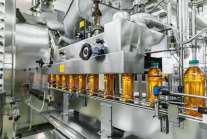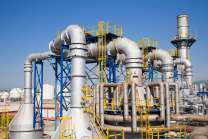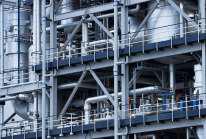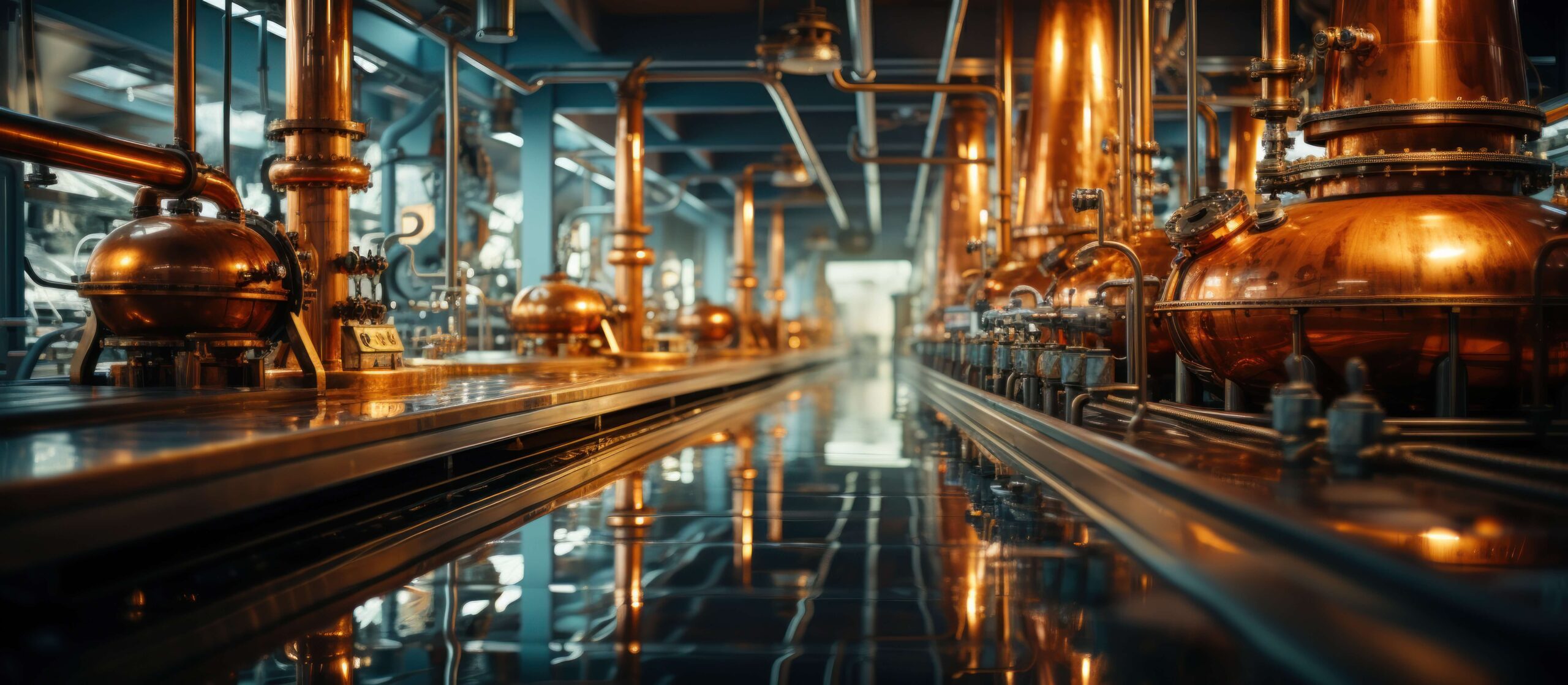Amines, Amides and Free Ammonia
When transitioning from liquid to gas, various forms of compounded Nitrogen molecules can be highly toxic to humans as atmospheric emissions
The presence of Nitrogenous organic matter, specifically Ammoniacal Nitrogen,can disturb the ecological balance of microorganisms present in biologically driven ETPs. Such organic matter tends to consume most of the available oxygen, thereby leaving lesser oxygen for COD degradation





Specialty Dyes, Pigments & Paints (Paper Dyes included)

Pharmaceuticals / API Manufacturing

Food & Beverage Industry

Hydrocarbon processing Industries

Specialty Chemicals (Largely aromatics – perfumes & essence)
MHO oxidation reactors utilized for Ammoniacal Nitrogen removal are designed to be compact, given that the residence/treatment time ranges from 10 to 60 minutes.
Typical wastewater treatment systems are unable to process effluents with elevated levels of ammoniacal nitrogen as the MLSS (mixed liquor suspended solids) cannot thrive in such conditions, thus rendering any size comparison moot
Compared to conventional systems, our MHO reactor installations require significantly less space – less than 10% – and can be easily installed as multiple modules for capacities exceeding 100 KLD.







